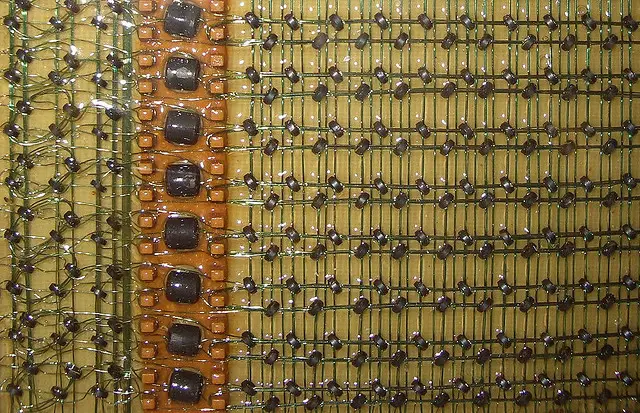Jonathan Dodd‘s latest column. Guest opinion articles do not necessarily reflect the views of the publication. Ed
When my kids were younger and we spent a lot of time together, we used to play word games in the car. Our favourite involved films. The rules were simple. Any number of people could play, but at the start, two people would be selected, and each of them had to think of someone to do with a film. It could be anyone, like directors or writers, but generally we thought of the actors. When both had chosen a name, they would announce them, and then the game would start.
A blessed peace would descend on the interior of the car for several minutes, while everyone thought furiously. Because we had to connect the two names together, via films and other names that they had worked with. For example: How to connect Gloria Swanson with Natalie Portman. I’m playing this game with myself now, because I pulled out these names at random.
So. Here we go.
Gloria Swanson was in Sunset Boulevard with William Holden
Who was in Bridge Over the River Kwai with Alec Guinness
Who was in Star Wars, but not with Natalie Portman, sadly
So I’ll go with Harrison Ford, who was in Air Force One with Gary Oldman
Who was in Leon, which was Natalie Portman’s first film.
Phew!
That was quite easy, really.
It was all done in our heads
We, sad git film buffs all, would struggle with these chains of connections in our heads. There were no prizes, but great admiration was expressed for the fastest solution, and the simplest, and the most weird and obscure as well. We could do the mental journey in either direction, and we would argue extensively about the validity and/or elegance of the connections themselves.
![]()
The best thing about this game was that it was all done in our heads. I think nowadays everyone would be on their phones or tablets, but I don’t think that would be a problem, just a variation of the search and a lot more possible connections and blind alleyways. We would still have to remember and recite the whole sequence. The driver of the car would naturally be at a disadvantage, of course, unless he was super-film-geeky and so sure he would win anyway. And I would. Obviously.
Six Degrees of Separation
I can’t quite remember the origins of this particular game, but I think it was inspired by Kevin Bacon, the noted film actor who has lately found a home on our small screens selling us the benefits of the EE phone service. He once said in an interview that he could connect himself to every actor in Hollywood in six moves. This idea was briefly famous and was called the Six Degrees of Separation. We played our own version but without Kevin. As in – ‘There’s No Need To Talk About Kevin’.
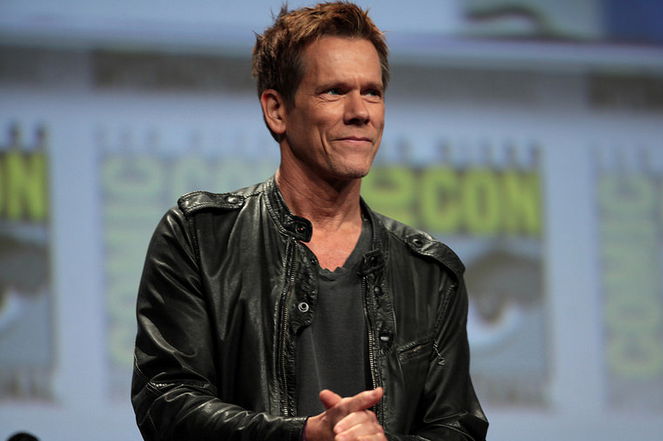
Those days are gone, as have we, on our own separate ways. I suppose any group of people with a common enthusiasm could make up their own version. As in Football Players and Managers, or even members of bands. I imagine a group of conductors could join up orchestras and pieces of music too, but it’s a rather limited field. I wonder what the collective noun for a group of conductors would be. A baton maybe, or a score?
Items from their dressing tables
I also remember the classic game ‘I went to the Market and I bought…’ You can play it with children, and the adult version is a lot of fun, especially if it involves alcohol and a risqué imagination. As each person adds a new item, everybody concentrates totally on remembering the ever-longer list, whilst thinking hard about what they’ll add to the list themselves, if and when they get to the end of the list without faltering.
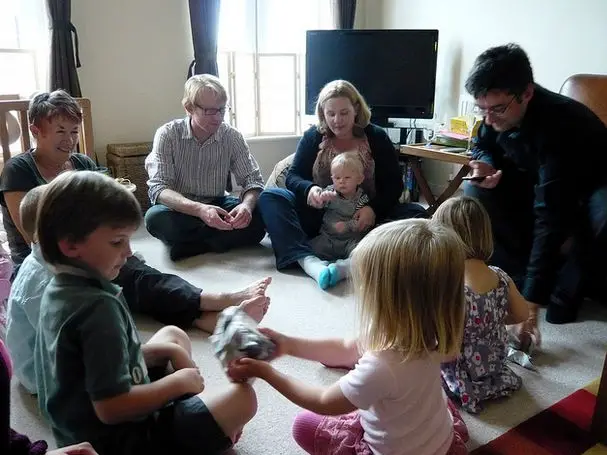
This is so much more fun than the rather staid game that mothers used to organise at birthday parties when I was a child. They would bring out a cloth-covered tray and reveal the items for a short time before covering them again. They all seemed to choose objects they liked, such as items from their dressing tables, which held a less than passing interest for me, so it was far harder to remember them. I was a fan of Pass the Parcel instead, because it was almost hysterically exciting.
In Melbourne back in 1953
I’ve always been fascinated by the idea of memory. I do believe absolutely that we retain everything. And I mean everything. Not only all the details, but all the sensory information and our own physical reactions as well. Quite where we all store this is a mystery, but I’m convinced we do. Under certain circumstances, like hypnosis, we can recall in great detail things we think we’ve forgotten or that we thought had faded away with time.
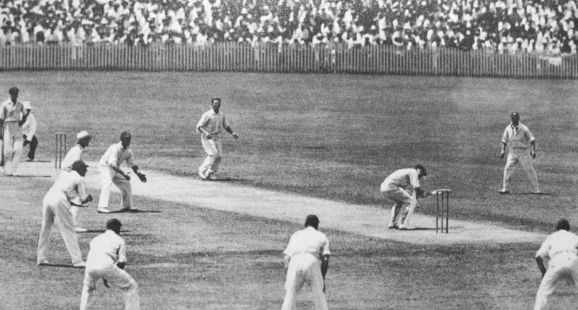
Given this ability, it seems to me that we should have more control over our powers of memory. Perhaps these exist, but we haven’t learned how, or perhaps we just think that memory is a sort of random thing and we have to live with it. There are people who have phenomenal memories, some people have so-called photographic memories, and we’re occasionally horrified by people who have a hobby that’s quite frankly obsessional, like being able – and eager – to tell you what happened on the third over of the fourth day of the Second Test in Melbourne back in 1953. Please, I made that up. Don’t send me the actual details.
Even more convinced that we’re right
If it was possible to train our memories to work much better, would we even want to? I would hope that it would stop a lot of arguments, because I have a sneaky suspicion that people make up memories of conversations, especially what someone may or may not have said on such-and-such a day, and they rely on the other person not being able to remember. Sadly, if we do that, we then make up a memory in which that conversation took place, so we become even more convinced that we’re right.

I think I’d like my memory to be stored somewhere, so I could use it as an archive, a form of memory self-storage, rather than relying on my faulty and variable powers of recall. I once watched a film called Brainstorm, which was much better than its title suggests. The plot involved some scientists recording somebody’s experiences, using a helmet. They were then able to replicate the exact experience by playing back the tape for someone else, wearing the same helmet. 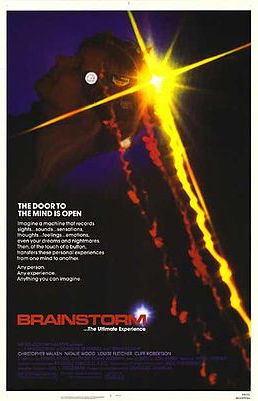 They didn’t just watch something like an immersive movie, they actually felt the reactions and emotions experienced by the original person. In the film the inventors thought it would be educational, but the Military took it over for brainwashing, and things predictably went very bad.
They didn’t just watch something like an immersive movie, they actually felt the reactions and emotions experienced by the original person. In the film the inventors thought it would be educational, but the Military took it over for brainwashing, and things predictably went very bad.
The thing I really want to do, though, is to be able to remember the name of that bloke who was in that film with so-and-so. You know. The one with the dog. It’s on the tip of my tongue.
If you have been, thank you for reading this.
Image: jurvetson under CC BY 2.0
Image: belgapixels under CC BY 2.0
Image: gageskidmore under CC BY 2.0
Image: goforchris under CC BY 2.0
Image: Public Domain
Image: Scott Meyers under CC BY 2.0
Image: DASHBot under CC BY 2.0

